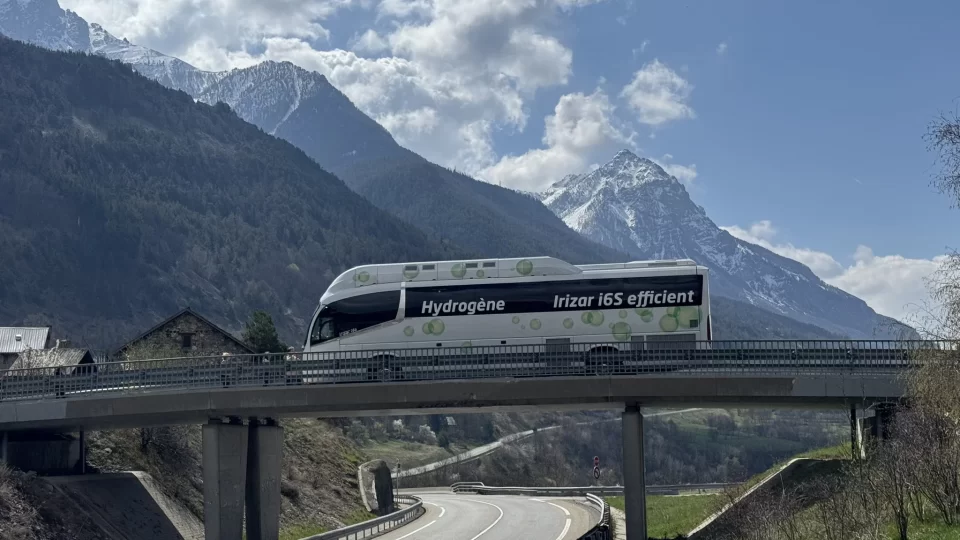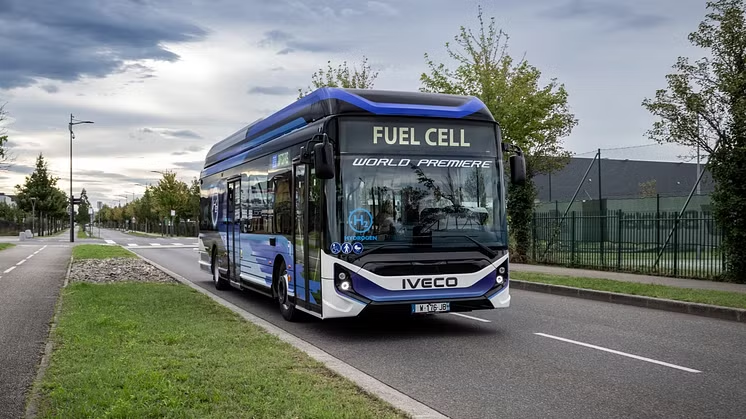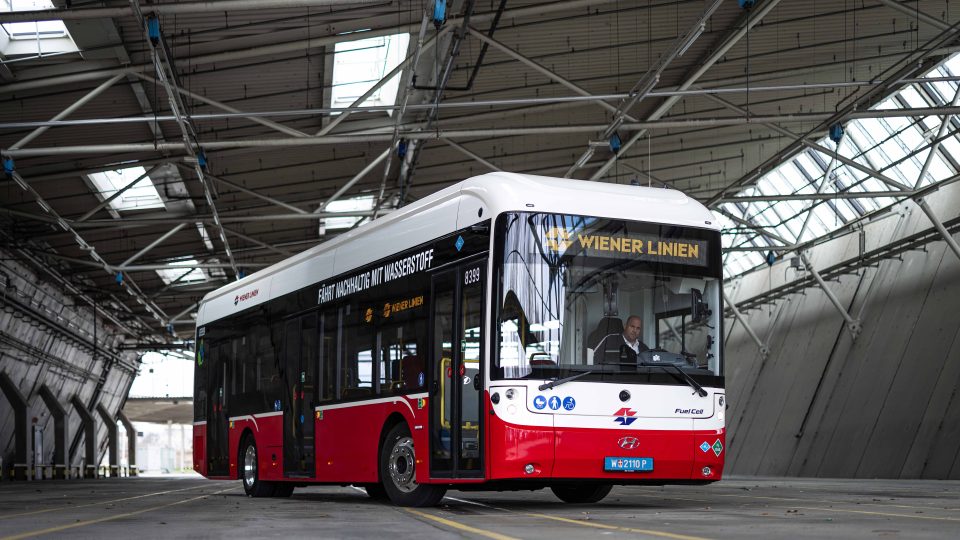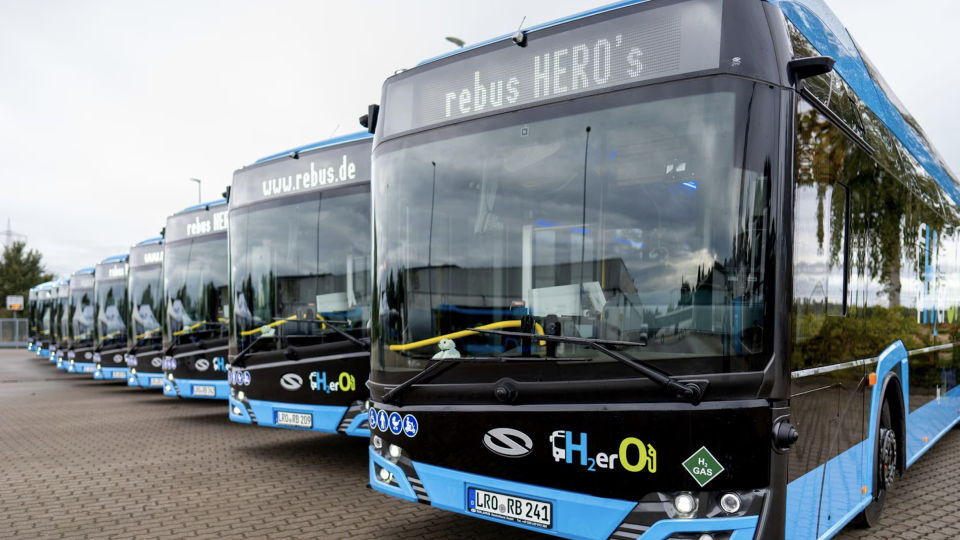Another batch of Solaris fuel cell bus headed to Frankfurt
Frankfurt operator In-der-City-Bus GmbH (ICB) has placed an order for 9 Solaris Urbino 18 hydrogen buses. There are already 23 hydrogen-powered Solaris buses running in the metropolis, supplied in 2022 and 2024. Deliveries of the articulated buses from the latest order are scheduled for July 2025. Solaris fuel cell buses for Frankfurt The municipal transport company In-der-City-Bus GmbH (ICB) operates three bus bundles in Frankfurt am Main, one of Germany’s largest […]
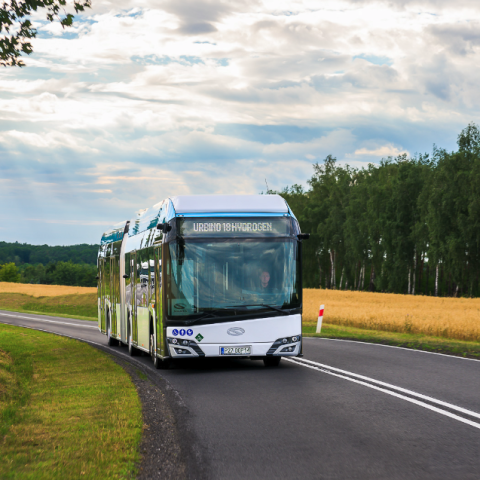
Frankfurt operator In-der-City-Bus GmbH (ICB) has placed an order for 9 Solaris Urbino 18 hydrogen buses. There are already 23 hydrogen-powered Solaris buses running in the metropolis, supplied in 2022 and 2024. Deliveries of the articulated buses from the latest order are scheduled for July 2025.
Solaris fuel cell buses for Frankfurt
The municipal transport company In-der-City-Bus GmbH (ICB) operates three bus bundles in Frankfurt am Main, one of Germany’s largest cities. The carrier aims for a fully electrified bus fleet by the early 2030s, which is in line with the climate protection goals set by Frankfurt am Main. The carrier’s fleet already includes 5 battery-powered Urbino 12 electric vehicles and 23 Urbino 12 hydrogen vehicles. The articulated hydrogen-powered buses will join them next year.
The vehicles will be powered by a 100 kW fuel cell. Additional batteries will be installed in each of the ordered buses, serving as auxiliary power. The hydrogen necessary to power the buses will be stored in gaseous form in roof-mounted composite tanks, meeting the highest safety standards.
Like the previous vehicles for ICB, the newly ordered models will also be equipped with features such air conditioning with a heat pump heating function, as well as the manufacturer’s proprietary software for remote fleet management eSConnect. The buses’ equipment will include a full range of systems compliant with the latest GSR2 regulations, encompassing blind spot monitoring systems, speed limit detection systems, driver fatigue detection systems, and tire pressure monitoring systems.
Solaris’ market share in the European hydrogen segment reached 44.5% in 2023. The company has been building its expertise in hydrogen technology for almost a decade and has delivered 200 Solaris hydrogen buses to 24 cities in Europe so far. Furthermore, Solaris has registered additional orders for 600 hydrogen-powered vehicles, to be delivered between 2024 and 2026.


